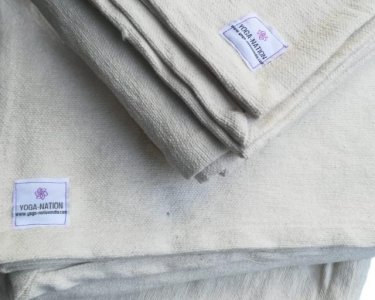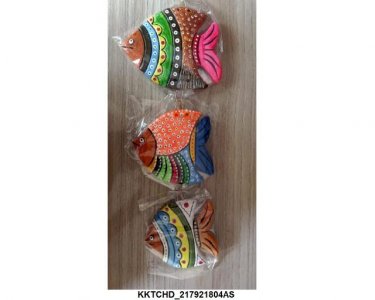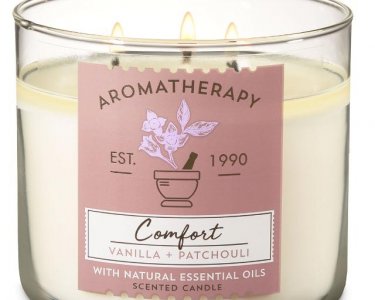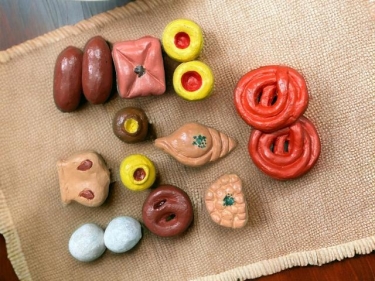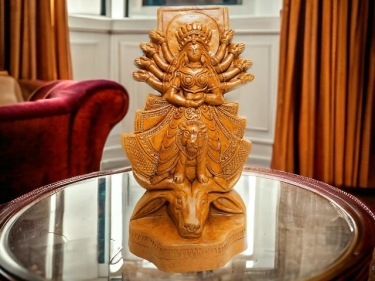Search Results for "seychelles" in "Seychelles" on Export Portal
Active Filters
-
Keywords:
-
Country:
- Clear all
New Search
Couldn't find the product you want?
Fill out this form to request the product.
Exports

The economy of the Seychelles has expanded to include a variety of industries, with tourism becoming a particular focus. However, in the early days of its development, the collection of islands known as the Seychelles thrived on exports. Most of the money in the islands came from selling the goods that were harvested on plantations.
Despite the growth of tourism, farming and fishing continue to employ some people, as do industries that process coconuts and vanilla. The prime agricultural products currently produced in Seychelles include sweet potatoes, vanilla, coconuts and cinnamon. These products provide much of the economic support of the locals. Frozen fish and canned fish, copra, cinnamon and vanilla are the main export commodities.
Seychelles exports are heavily dependent on the fishing industry (90 percent of total exports). As a result, main exported products are: tuna (50 percent of total exports), prawns, fish, processed fish, non-fillet frozen fish, fish oil. Other exports of Seychelles are animal meal, cement and pellets.
Seychelles' main export partners are France and United Kingdom, Italy, South Africa, Japan and Germany.
Customs requirements of Seychelles
Seychelles Customs Contacts
Website: http://www.src.gov.sc/Default.aspx
Email: customs@src.gov.sc
Address: Seychelles Revenue Commission, P.O. Box 408, Victoria, Mahé, Seychelles
Telephone: +248 4293758
Fax: +248 4225768
Seychelles is an archipelago and country situated in the Indian Ocean. It's nearby neighbours Comoros, Mayotte, Madagascar, Réunion and Mauritius. Seychelles is a member of the African, Caribbean, and Pacific Group of States, Common Market for Eastern and Southern Africa (COMESA), International Trade Union Confederation, WTO (observer) and other international organizations.
Importing of Goods
All goods can be classified under the Harmonized System Nomenclature which is the basis for the classification of goods by importers, exporters, shipping companies and marine insurance companies. In Seychelles it is published as Schedule 3 of the Customs Management (Tariff and Classification of Goods) Regulations 2013. The first 6 digits of the code are common to all countries that use it and the last 2 digits are allocated by Seychelles policy makers. This code gives the rate of Trades Tax applicable.
The following taxes are collected at the point of entry on importation by Customs Division on behalf of Seychelles Revenue Commission:
- import tax
- VAT
- excise tax
For example: cotton handkerchiefs are classified under HS Code 6213.2000 on which 25% Trades Tax applies and has a 15% VAT. The value of imported goods is based on the purchase price adjusted to a CIF level. The purchase price is an open market price where the buyer and seller are at arms length (the commercial value).
Levy is also payable at the point of entry at Customs Division. It is calculated on value or quantity. Levy is applicable on the importation of the following goods:
- Vehicles
- Chicken
- Pet bottle
- Plastic
- Canned beer
The importers will need the following documents:
- Original Invoice
- Packing List
- Bill of Lading or Airway Bill, and
- Insurance Certificate
- Import Permit (if applicable)
Prohibited goods
- The following goods are listed as a sample of prohibited goods:
- Arms and ammunition
- Controlled drugs
- Toxic chemicals e.g. asbestos and dieldrin
- Counterfeit currencies
- Military uniforms
- Pornographic or indecent material
- Bodies for motor vehicles
- Part and accessories for motor vehicles
Sources:
http://www.src.gov.sc/pages/customs/importandexport.aspx#Documentation
http://www.src.gov.sc/pages/customs/customs-Prohibited.aspx
http://www.seychelles.travel/en/plan-your-visit/travellers-essentials/customs-formaliities














